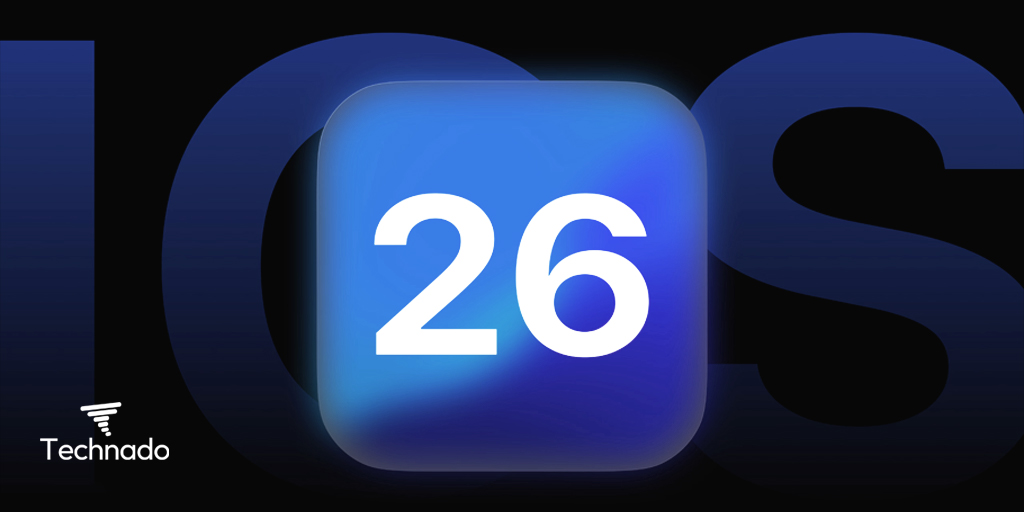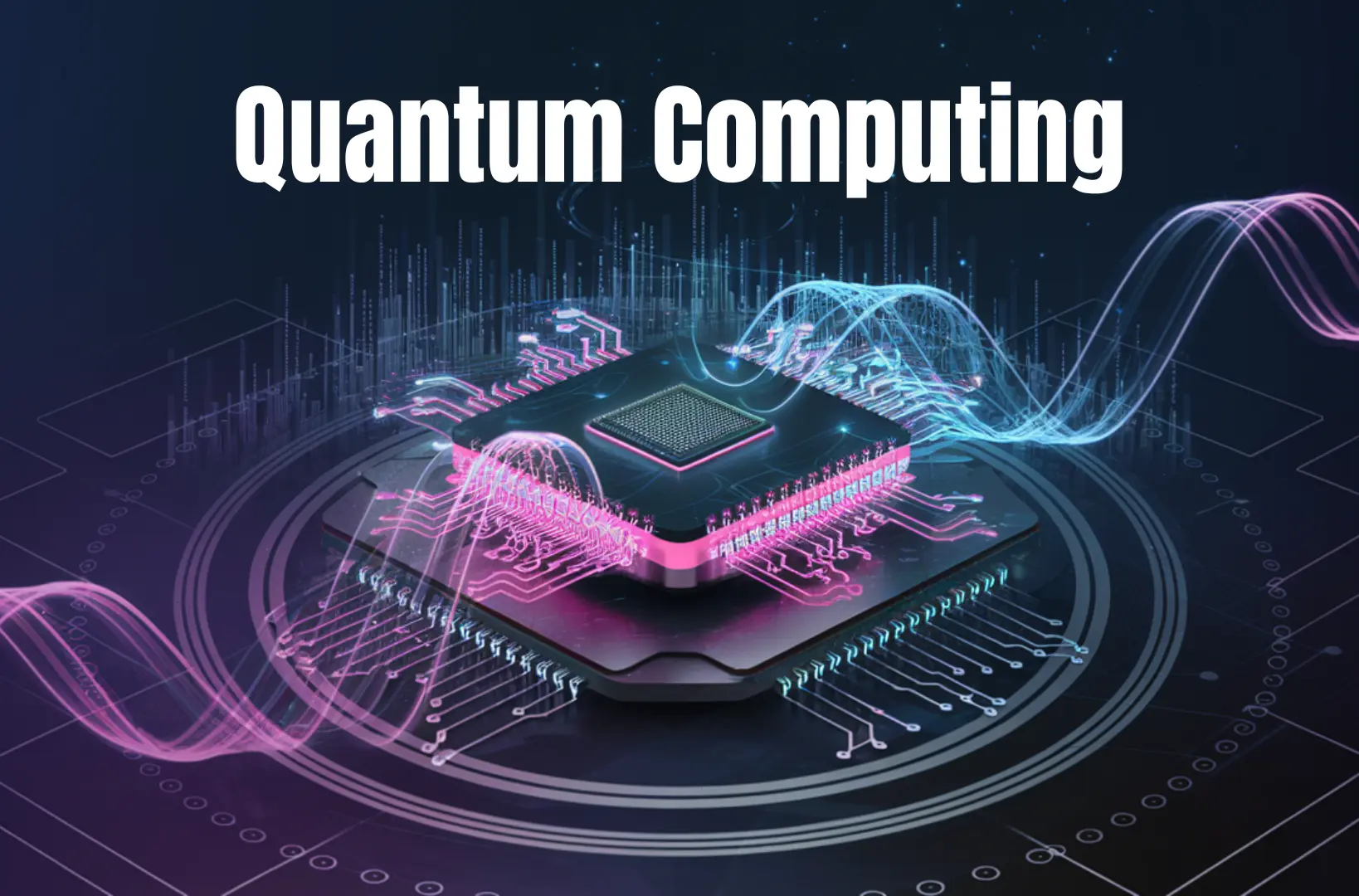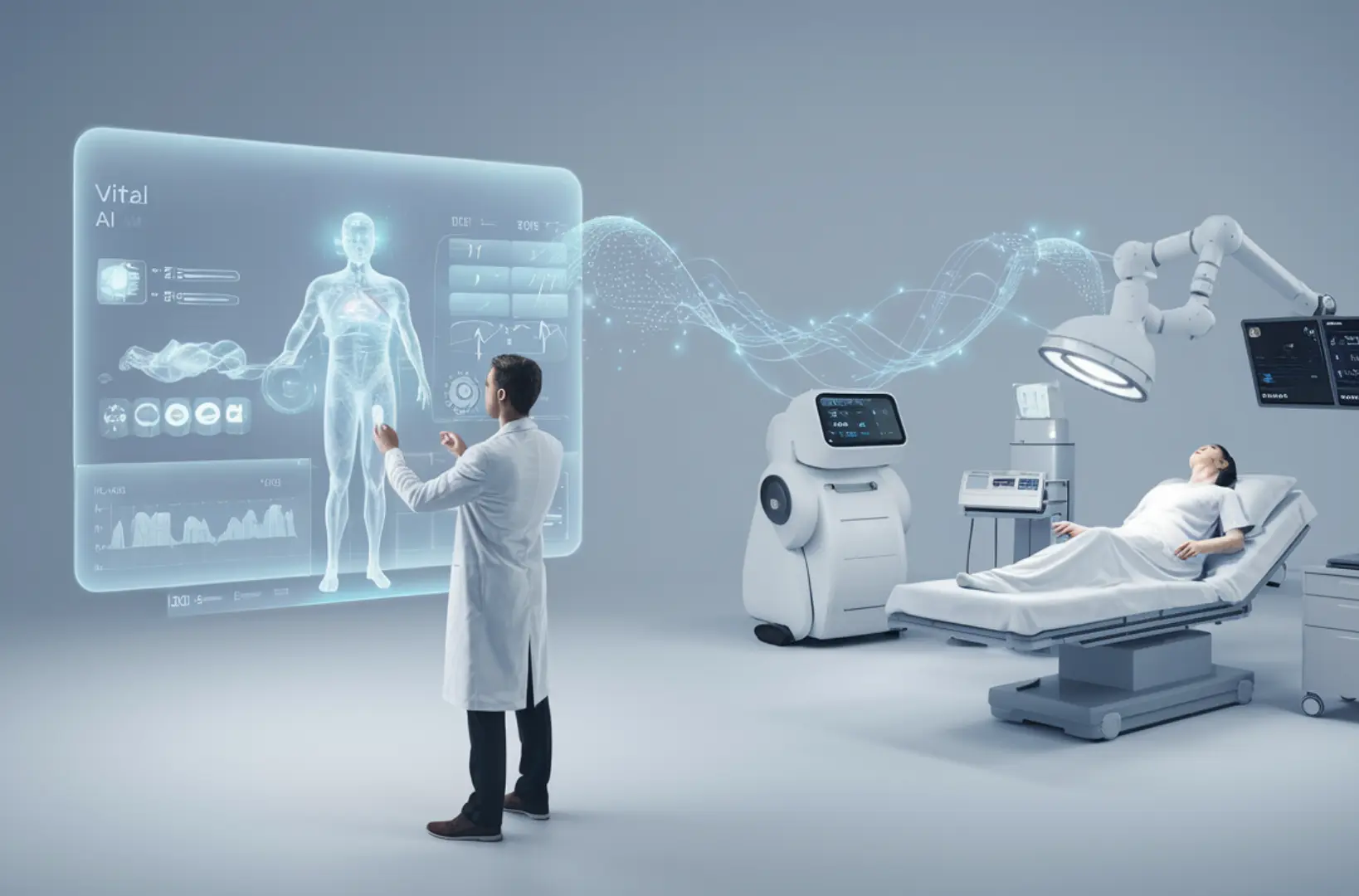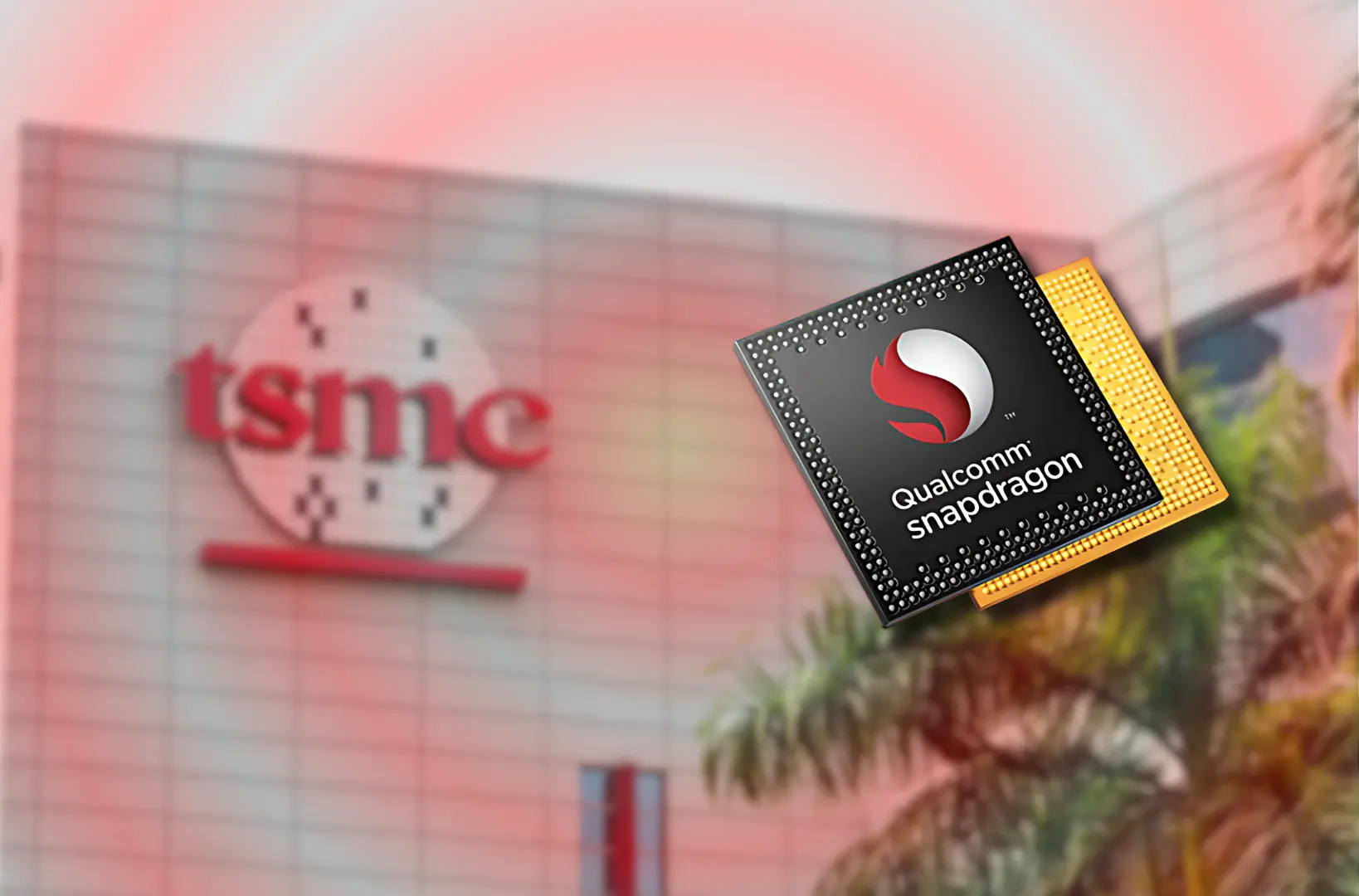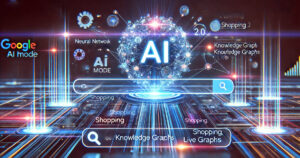Imagine a world where tech products like Microsoft’s Dragon Copilot help healthcare professionals invest their most of time in facilitating patients. What if a single voice note or command could handle the daily paper-based tasks, and even streamline the clinical tasks?
In today’s technological world, where industries are undergoing 360 transformations, the medicare sector is at the forefront of this change. However, if done manually, inefficiencies in clinical procedures hinder doctors from focusing on patient care. Thus, to streamline clinical procedures, Microsoft has come up with its latest innovation, Dragon Copilot, which aims to address these challenges with a voice-activated AI assistant designed specifically for healthcare settings.
This innovative technology can integrate seamlessly into healthcare professionals’ workflows. This tech leverages AI to automate paperwork, screen patient data, and execute tasks using voice commands.
Thus, this marks a significant milestone in AI adoption within the medical field. Learn more about this in this blog.
AI in Healthcare: A Brief Introduction
Artificial Intelligence is constantly changing the healthcare industry, which increases diagnosis, enhances workflow, and personalized treatment plans. From the ML model to detect diseases to AI-operated analytics that optimize workflows, the integration of AI is making change.
One of the most pressing challenges in healthcare is a heavy administrative charge, which often removes the attention of physicians from the patient’s care. Medical professionals spend an important part of their time on documentation, data entry, and compliance-related tasks, causing burnout and disabilities in the system. AI-operated solutions, especially Microsoft’s Dragon Copilot, are emerging as major innovations to solve these challenges, to solve these challenges.
A study published in BMC Medical Education underlines the ability of AI to improve clinical accuracy, reduce operating costs, and save time – minimizing human errors in clinical settings. By automating repeating tasks, AI allows healthcare providers to focus on their primary mission: providing high-quality, patient-centered care. As AI continues to develop, its role in healthcare will be even more integral, the physician will improve both productivity and patient results, while the medical practice redefine the future of the practice.
Dragon Copilot: Introducing New Features and Functionalities
Dragon Copilot is engineered to address the administrative challenges faced by healthcare professionals through a suite of innovative features:
1. Seamless Documentation Processes
- Multilingual Ambient Note Creation: The AI assistant captures doctor-patient interactions in real-time, automatically generating structured medical notes in multiple languages. This feature ensures that language barriers do not impede accurate documentation.
- Natural Language Dictation: Physicians can dictate notes, prescriptions, and treatment plans using natural language, which the AI transcribes with high accuracy. This functionality reduces the time spent on manual data entry.
- Automated Task Generation: Dragon Copilot automates the creation of referral letters, after-visit summaries, and other essential documents, streamlining workflows and reducing administrative burdens.
2. Automated Patient Information Retrieval
The assistant serves as a smart search tool, retrieving relevant medical information from trusted sources and Electronic Health Record (EHR) systems. This immediate access to information supports informed clinical decision-making.
3. Medicare Process Automation
- Conversational Orders: Clinicians can issue verbal instructions for tests, prescriptions, or referrals, which the AI processes and executes, reducing the need for manual entry.
- Clinical Evidence Summaries: Dragon Copilot synthesizes patient histories, treatment plans, and pertinent research, providing concise summaries that aid in clinical decisions.
How will Dragon Copilot benefit healthcare professionals?
Integration of Dragon Copilot in medical workflows provides many advantages for healthcare professionals, eventually enhancing both efficiency and job satisfaction. AI- By taking advantage of operating voice recognition and automation, this innovative equipment addresses some of the most pressure challenges in the healthcare industry. There are five major benefits here:
1. Lower paperwork
Medical professionals often spend hours on documentation, data entry, and compliance-related tasks, which may be different from their ability to provide care for the patient. Dragon Copilot automatically automatically documents, transferring the patient’s interaction in real time, and accelerating the records efficiently. By reducing manual paperwork, physicians and nurses can dedicate more time to their main responsibility – to cross patients – while also reducing the risk of burnout caused by highly clerical work.
2. Increase in Workflow Efficiency
AI-operated equipment such as Dragon Copilot streams clinical workflows by providing quick access to patient history, laboratory results, and records through voice commands. This eliminates the requirement of repeated manual discoveries and reduces interruption in the patient’s interaction. With quick access to real-time transcription and important information, the healthcare provider can make more informed decisions rapidly, which can improve productivity and better patient results.
3. Reduced Human Errors
Medical errors, which often result in misunderstandings or manual documentation mistakes, can have serious consequences. Dragon Copilot helps reduce these risks by accurately transcribing and documenting medical notes with minimal human intervention. AI-Placed voice accreditation ensures that medical records are accurate.
4. Better Patient Care
Administrative burden physicians are an important contributor to stress and dissatisfaction. A study published in JAMA Internal Medicine found that doctors spend about half of their workdays on electronic health records (EHR) functions. By closing these responsibilities for AI-operated equipment such as Dragon Copilot, healthcare professionals can reduce job satisfaction, and stress levels, and experience a holistic better work-life balance. With a short time on paperwork, they can attach more meaningfully to their patients and colleagues.
5. Guaranteed Compliance with Regulations
Accurate documentation is important for legal and regulatory compliance in healthcare. Dragon Copilot ensures that the patient’s record is maintained properly and standardized, which helps to follow industry rules such as HIPAA (Health Insurance Portability and Accountability Act) and other health policies. The AI-operating automation reduces discrepancies and missing details in patient files and protects institutions from potential legal risks.
By integrating Dragon Copilot, healthcare professionals not only enhance efficiency and accuracy but also promote a more patient-centered approach to the drug. As AI technology develops, such tools will play an important role in changing healthcare for both providers and patients.
Dragon Copilot: Enhancing Patient Care
Patients stand to benefit significantly from the implementation of Dragon Copilot:
- Accurate Medical Records: AI-driven documentation minimizes errors, ensuring that patient records are precise and up-to-date.
- Personalized Care: With administrative tasks automated, clinicians can focus on delivering personalized and attentive care, enhancing the overall patient experience.
- Improved Communication: The AI assistant can facilitate better communication between patients and healthcare providers by providing timely information and updates.
Addressing Potential Concerns
While the benefits of AI integration are substantial, it is essential to address potential concerns:
- Data Privacy and Security: Ensuring the confidentiality and security of patient data is paramount. Microsoft emphasizes that Dragon Copilot complies with healthcare data safeguards to protect patient information.
- Maintaining the Human Element: There is a concern that increased automation may reduce the human touch in healthcare. However, AI tools like Dragon Copilot are designed to handle administrative tasks, allowing clinicians to focus more on patient interactions, thereby humanizing care.
AI in Healthcare: What the Future Holds
The launch of Dragon Copilot is a clear indication of how AI is getting more integrated into healthcare, making things smooth and improving patients’ care. Since AI technology is moving forward, it is ready to make diagnosis more efficient, tailor treatment for personal needs, and increase clinical decision-making. These AI tools are also ready to change the game in telemedicine, remote monitoring, and hospital management, which help to streamline procedures and cut waiting time. He said, “We cannot ignore the challenges coming with it, such as the data needs to be dealt with privacy and moral issues.” With the ongoing progress, AI assistants are likely to be necessary, to reduce administrative load and give more time to health professionals as to what exactly matters – working for patients and eventually improving the industry.
Final Thoughts
Microsoft’s Dragon Copilot has led to a large jump in healthcare technology, with important challenges faced by doctors. Administrative functions often consume valuable time that can be better spent on the patient’s care. Taking advantage of automation, the Dragon Copilot streamlines workflows, and increases efficiency, allowing physicians to prioritize patients’ interaction.
Beyond promoting productivity, this AI accessory also improves accuracy, reduces errors, and contributes to better compliance with healthcare rules. Since AI continues to move, Dragon Copilot reflects the role of intelligent equipment in creating a more patient-centered healthcare system. Its integration represents a transformative step towards the future of modern medicine.
Suggested Reads
DigitalOcean Expands to Pakistan – New HQ at COLABS
Manus Isn’t China’s Second ‘DeepSeek Moment’—Here’s Why
Google Pay Launches in Pakistan: A Game Changer for Digital Payments

Burhan Ahmad is a Senior Content Editor at Technado, with a strong focus on tech, software development, cybersecurity, and digital marketing. He has previously contributed to leading digital platforms, delivering insightful content in these areas.
